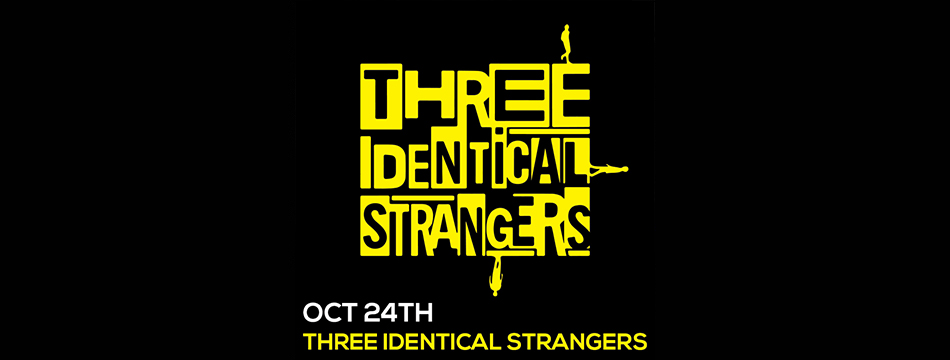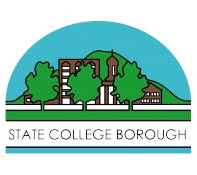

Three Identical Strangers
October 24, 2018 @ 7:00 pm
| $1.50 – $7.00Once upon a time, there was a place called Triplets, in SoHo, where you could dine and dance. It was run by a team of indistinguishable brothers: Bobby Shafran, Eddy Galland, and David Kellman. In the public eye, they were the same guy, trebled: same hair, same grin, same plump fingers holding the same brand of cigarette. All for one, and one for all: the Marlboro musketeers.
As we learn from Tim Wardle’s new documentary, “Three Identical Strangers,” the shock of brotherly recognition had been triggered in 1980, when Bobby arrived at college in upstate New York. Though a freshman, he was greeted like an old friend. Girls he didn’t know came up and kissed him, which was nice but weird. It transpired that Eddy, of whom he was unaware, had studied there the year before. Bobby went to meet him: “As I reach out to knock on the door, it opens, and there I am,” he says—a great line, delivered to Wardle’s camera by the middle-aged Bobby. The press got wind of the happy event, and it soon got happier still. Enter David, who saw what appeared to be his own face, twice over, gazing out from a newspaper, and got in touch—shades of the moment in “Duck Soup” when Harpo, in Groucho disguise, encounters the real Groucho, only for Chico, another Groucho replica, to saunter in. In the words of Eddy’s adoptive mother, “Oh, my God, they’re coming out of the woodwork!”
The movie has no narrator, relying instead on interviews, archival clips, and dramatic reconstructions—a little clunky, but the tale is too strong to spoil. The twists keep squirming into view: just as you’re dealing with the fact that the triplets were separated as infants and assigned by a decorous Jewish adoption agency to three families, each of which knew nothing of the others, you bump into the creepy scientific project behind the entire plan—“like Nazi shit,” in Bobby’s crisp appraisal. To reveal any more would be unfair, but prepare to be surprised by joy, at the outset, and to wind up baffled and sad. Not that the saga is complete; many of the relevant files, at Yale, will not be unsealed until 2066. Less than fifty years to go.









